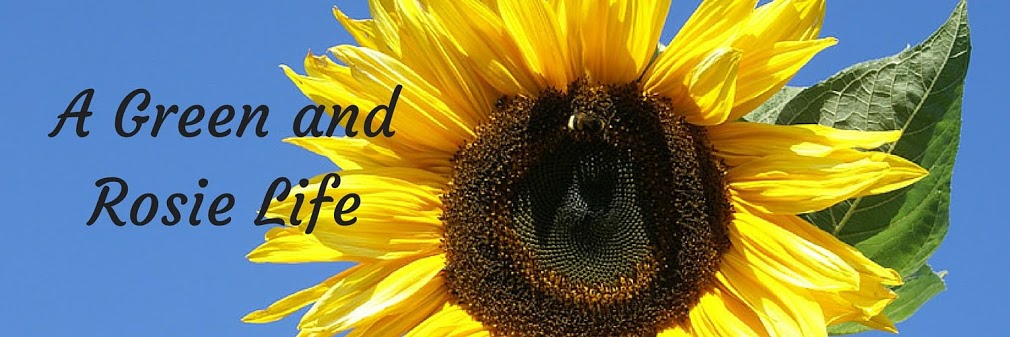Week 24 - Organic Vegetable Gardening Tips
Growing organic vegetables ticks so many green boxes - you get to eat the freshest of healthy, seasonal produce without any pesticide residues, there are no food miles and zero packaging ... and it's good for wildlife too. What's not to like so here are 7 great tips to get you on your way to growing organic vegetables.
7 Top Tips to Grow Vegetables Organically
1. No Chemicals
Ditch all artificial chemicals designed to kill pests and diseases as these can leave residues and kill beneficial wildlife. Some chemicals are permitted under organic practices such as Bordeaux Mixture used to treat blight but this can still have harmful effects so try and to use alternative methods to control pests and diseases.
2. Grow Disease Resistant Varieties
This can be a really good step to reducing losses. Also look to grow early and late varieties of the same vegetable so if you do lose one lot you will have a chance to save the others.
3. Use natural barriers
You can use all sorts of barriers to stop pests getting to your veg - a low fence stops carrot root fly infecting your carrots and thin net curtain or fine mesh can protect your cabbages from cabbage white butterflies. You can also uses mulches and materials over the soil to suppress weeds and lock in moisture.
4. Encourage wildlife
Lots of wild creatures eat pests so you need to encourage these gardening friends into your garden. Create wood piles, insect hotels, hedgehog homes and maybe even have a bee hive. Also plant wildlife attracting plants such as these bee attracting plants.
5. Learn to ID the Good Guys
It can be all too easy to think all beasties are out there intent on eating your vegetables where-as in fact many would much rather munch on vegetable eating pests. So learn to recognise the beneficial garden bugs and don't squish them!
6. Use Companion Planting
If you plant onions near your carrots, the root fly that find your carrots by smell are foiled and your carrots are safe. There are all sorts of other companion plantings that can help your veg to grow so do search out who likes to co-exist near who as detailed in this page - companion planting (UK).
7. Develop a Healthy Soil
This really is the most important aspect of organic gardening. The soil is where the plants will get most of their nutrients and where water will be locked up in periods of dry weather. Developing a moisture retentive and well fertilised soil is vital for successful organic gardening.
This is only just scratching the surface of how to grow organic vegetables but I hope it will inspire you to grow your veg this way. And once you have tasted your first organic carrot, fresh from the garden you'll never want to eat any other sort again!
Do you grow your vegetables organically? Have you more tips you could add?





such good tips!!!!! i am so looking forward to growing some vegetables in our future garden
ReplyDeleteThese are some great tips! We're still working on attracting the right kind of insects and companion planting. Thanks for sharing on the #WasteLessWednesday Blog Hop.
ReplyDelete